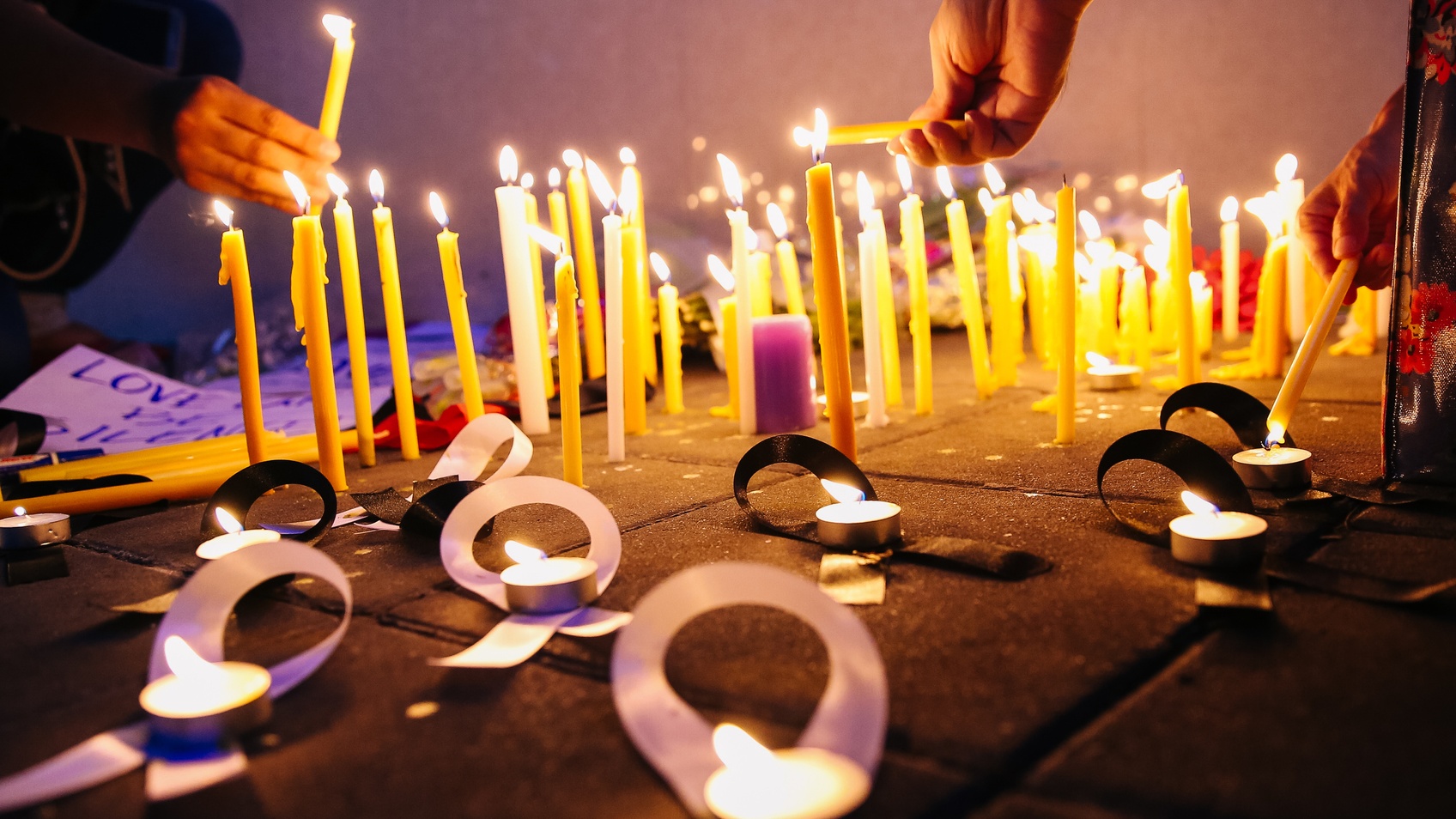Aubrey Dameron, 25, went missing in March 2019 after telling her mom she was leaving their home in Grove, Oklahoma, to meet somebody. She hasn't been seen since, and according to Pix11, the family said they believe Dameron was the victim of a hate crime because she's a trans and indigenous woman.
The Aunt of missing Native American transgender woman Aubrey Dameron believes she was the victim of a hate crime. The 25-year-old was last seen on March 9, 2019, near Grove, part of the Cherokee Nation of Oklahoma. #AubreyDameron
#transnews
https://t.co/r6pzDnEVpl
pic.twitter.com/XJVf13DGXE— James McKenzie (@JMcKMelbourne) September 7, 2021
Her family, who are part of the Cherokee Nation, said they haven't received much information from authorities as to how she disappeared and are worried they may never see her alive again.
“As a person, she had the biggest heart … I mean, she loved people, she loved life,” her aunt, Pam Smith, told Pix11. “First thing she would do is (say) ‘Aunt Pam, I love you! How are you doing?’ And a great big hug and a big sloppy kiss on the cheek.”
“And sometimes I get irritated. But, you know, what I wouldn’t give to have one of those right now,” she added.
“Being in Grove. It’s not really diverse whatsoever,” her uncle, Christian Fencer, said, according to Pix11. “There’s not really a lot of things that go on outside of the ordinary. And once there are, then it’s looked at as abnormal or weird or lacking, for lack of other words.”
Smith told NBC News that her niece faced transphobic bullying in the form of being "mocked" and called slurs.
“But she stayed true to herself. And she never wanted revenge. Instead she would pray for them," she said. “She was finding out who she was.”
The family added that they haven't received much assistance from police as they continue to look for answers regarding her whereabouts. Smith noted that they feel the authorities are citing Dameron's "high-risk lifestyle" as the reason behind her disappearance.
“It just seemed like no one cared,” Smith said. “It’s high-risk to be native and missing — and high-risk to be transgender and missing,” Smith said.
Aubrey’s last Facebook post, which is dated Feb. 25, 2019, is of a sign that reads: “You’re never too important to be nice to people.”
Her aunt said Aubrey embodied the sentiment.
“And that was how Aubrey felt,” Smith said. “She was always there to help others in need. And she was there to be their voice.”
“She was a voice for those who needed a voice. Now, we’re her voice. And this is not the time to be silent,” Smith continued.
